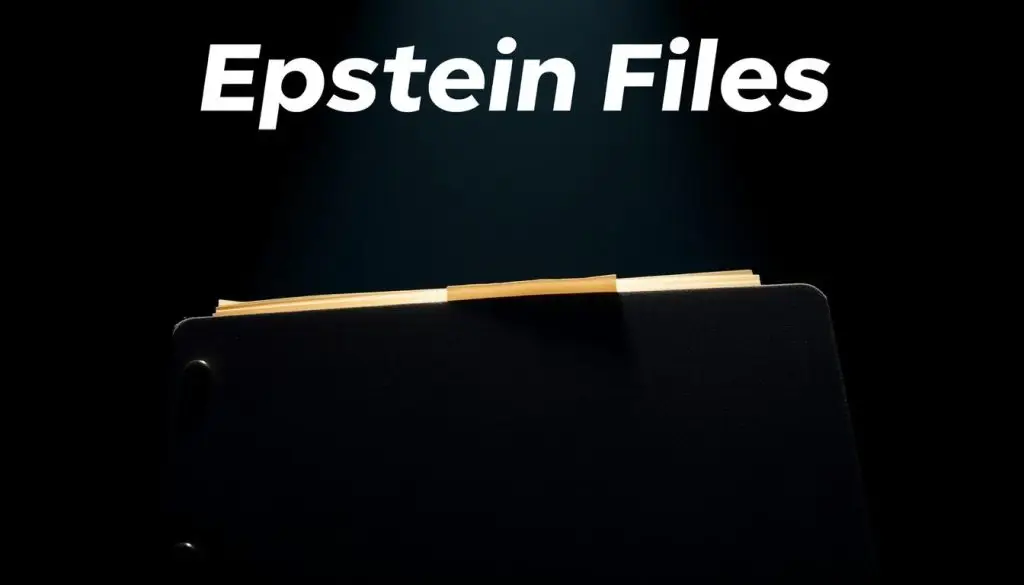Republicans Vote to Release Epstein Files This Week
Unveiling the truth: Republicans take a decisive step to release the Epstein files, with former President Trump urging full transparency. Stay informed.

House Republicans will vote this week on releasing the Epstein files. These files are connected to Jeffrey Epstein and a long federal investigation. Donald Trump now supports releasing all the files, saying it’s time to focus on the economy. Due to Speaker Johnson calling for a vote to release the files.
This change comes as both parties are pushing for more transparency. A vote could happen as early as Tuesday. It will show if the GOP is united in making the files public while protecting victims’ privacy.
Releasing these documents could shed light on the federal investigation. However, it’s essential to safeguard the privacy of those who shared their stories. The House is at a critical point, balancing accountability and trust.
Epstein files Key Takeaways
- House Republicans plan a vote to compel the release of the Epstein files tied to Jeffrey Epstein.
- Donald Trump reversed course and urged members to support making court documents public.
- The effort targets unclassified records from the federal investigation while protecting victims.
- Bipartisan backing is growing as lawmakers call for transparency and clarity.
- Leaders face a difficult balance between public access and safeguarding victim testimonies.
- A Tuesday vote could reveal the depth of GOP support for broad disclosure.
Trump’s Reversal and GOP Dynamics Ahead of the House Vote
Republicans were in a rush as they prepared for a big vote on the Epstein files. After days of back-and-forth, they seemed ready for a vote that could show their strength. This vote could also change the story of the week.
What changed was simple and straightforward: Donald Trump changed his mind on Truth Social. He instructed his allies to support the release of the files. This move, along with growing support, set the House up for a big decision.
From Opposition to Endorsement: Trump Tells House Republicans to Release the Files.
Trump had previously doubted the push, but now he urged Republicans to release the files. He said they should focus on important issues, such as prices and jobs. This change made it clear that a bipartisan vote was okay.
This change gave those who were unsure a green light to join. It also ended the confusion that had been going on.
Internal GOP strife: leadership concerns and a looming bipartisan vote
Leaders in the party attempted to slow things down, but support continued to grow. Many thought a bipartisan vote was likely, with many Republicans joining Democrats. Some leaders were worried about the process and precedent.
As more people supported the vote, senior members said they should go for disclosure. They believed that openness would reduce conspiracy theories, not increase them.
Key players: Speaker Mike Johnson, Rep. Thomas Massie, and shifting caucus support
Speaker Mike Johnson raised questions about privacy and the rights of victims, but didn’t commit to a vote. Rep. Thomas Massie pushed for a vote, working with both parties to make it happen.
- Johnson said Trump’s view was clear and that was enough.
- Massie found a way to get a bipartisan vote without delay.
- Members from both sides, like Marjorie Taylor Greene and Don Bacon, were ready to move forward.
For more on the evolving support and how votes are counted, see this report on the House’s push for a.
White House pressure and weekend turbulence: personal attacks and public statements
Before Trump changed his mind, the White House urged Republicans to stay strong. This led to a tense weekend. Trump’s attacks on Thomas Massie and a heated exchange with Marjorie Taylor Greene added to the drama.
By Monday, things cooled down thanks to Truth Social. The focus shifted to taking action on the Epstein files. The House was poised to demonstrate unity under the scrutiny of Republican leadership and the nation.
Implications for the Epstein files, victim privacy, and public transparency
The House debate centers on how much to share and how quickly. They balance showing the truth with keeping victims safe. Advocates want all details from the Epstein case to be known.
What the bill seeks: compelling the DOJ to disclose federal court documents and investigative records.
The bill requires the Department of Justice to disclose all information about Epstein. This includes court documents and investigative records. Supporters argue that this will clarify why certain choices were made.
They point out that some information has already been shared, but it’s not enough. This recent report shows that more is needed to answer questions.
Protecting victims: concerns raised by Speaker Johnson about privacy safeguards.
Speaker Mike Johnson is concerned about the privacy of victims. He wants to make sure their information is protected. However, he also wants to make important documents public.
Supporters believe it’s possible to find a balance. They suggest using redactions and carefully timed releases to protect victims while sharing information.
Context: Jeffrey Epstein, Ghislaine Maxwell, sex trafficking, and victim testimonies
Epstein was a convicted sex offender, and Ghislaine Maxwell was found guilty of sex trafficking. Victim stories have pushed for the full Epstein file to be released.
Advocates believe that the whole file will reveal how agencies collaborated. It will also reveal how evidence was handled during the investigation.
Addressing conspiracy theories: transparency versus sensationalism
Lawmakers aim to stop rumors by using real records. They believe that sharing vetted documents can help prevent sensationalism. This way, they protect the dignity of victims.
Transparency done right can help control rumors. The goal is to provide the public with an accurate record, not a presentation that disseminates false information.
Senate outlook and broader political stakes
The Senate outlook is changing, with both parties feeling the pressure. A bipartisan push has shifted the mood. Leaders are watching how voters in swing seats react to new debates on accountability and conspiracy theories.

Senate GOP hesitation and Democratic pressure tactics
Republican leaders in the Senate are cautious. They don’t want to promise a vote yet. They know a strong House vote would increase scrutiny.
Democrats, on the other hand, have a plan. Senators are considering unanimous consent requests and amendments. This is their way to force action.
Schumer’s challenge: calling for immediate release without waiting for Congress
Senate Majority Leader Chuck Schumer wants Donald Trump to release the records now. He believes this is the fastest way to end delays and conspiracy theories.
Massie–Khanna bipartisan push and possible vote paths
In the House, Rep. Thomas Massie and Rep. Ro Khanna have found common ground. Their efforts could make it harder for the Senate to delay. This opens up different ways for the Senate to consider the issue.
Sen. Jeff Merkley is working with House allies to maintain pressure. Despite failed attempts to change the signatures, their coalition remains strong.
Electoral calculations: Republicans in swing seats and leadership credibility
Republicans in swing districts, such as Tom Barrett and Rob Bresnahan, support releasing the records. They know voters want transparency, not conspiracy theories.
Leadership is at stake. House and Senate leaders must act quickly. As Rep. Don Bacon said, the train has already left the station.
Epstein files Conclusion
The House now faces a significant decision regarding the Epstein files. Donald Trump’s change of heart has changed how the GOP thinks. This shift has led to a possible bipartisan vote, showing a rare agreement on transparency.
This vote will show how Congress handles sensitive investigations. It will set a precedent for dealing with federal records.
Leaders are trying to find a balance. They want to make everything public but also protect victims. The bill includes rules to protect identities and prevent harm to ongoing cases or national security.
This way, they aim to stop rumors and bring facts to light. It’s all about not hurting survivors again.
In the Senate, Democrats are pushing hard for action. They want Republicans to join in, even though it’s not set in stone. Moderates and incumbents see a clean vote as a win for transparency.
This report on the road ahead shows how fast things are changing.
The goal is clear: to replace rumors with facts, protect victims, and rebuild trust. If the House votes strongly, the Senate will face a tough test. And the public will be watching closely.







